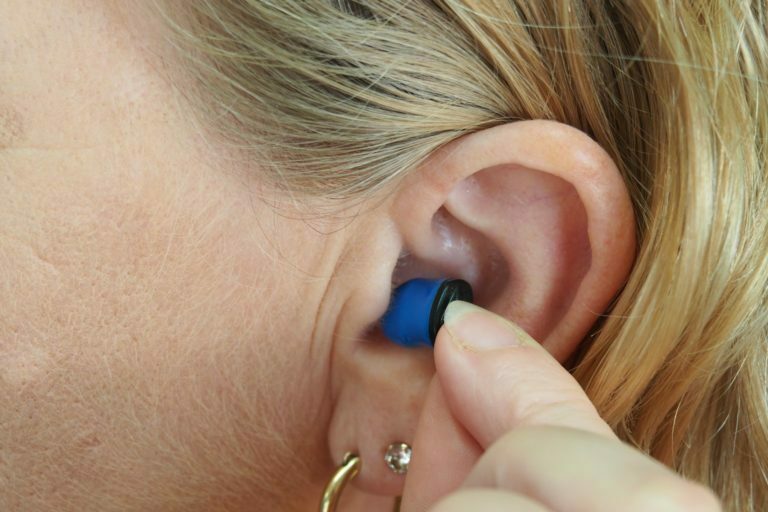Almost four million Australian residents live with some degree of hearing loss. Surprisingly, however, the types of coverage provided by insurance companies vary tremendously, leaving many carriers confused if they’ve recently been diagnosed with failing abilities to hear.
Sadly, only one in five people with hearing loss wear hearing aids, primarily due to their insurance not covering the expensive devices needed to hear or the costs of visiting a hearing healthcare center. Untreated hearing loss will only get worse, and more expensive.
Health Insurance and Hearing Aids

The technology behind hearing aids can vary wildly. A good set can be as little as $1,000, but they can run as high as $7,000. No matter the case, insurance is needed for most people living on a fixed income threshold, even for the smaller cost of the basic surcharge. Here, however, the situation can get tricky, as many people soon find that their private health insurer doesn’t cover many options for hearing loss, or the advanced hearing aid technology prescribed as a remedy for better hearing.
If this is the case, it helps if your research takes into account available rebates, special premiums, or regular promotions for their usage. Paying for hearing aids and visits to a healthcare center or local health departments is crucial for many people, and there is little room for error when looking for an expert team of hearing professionals.
Currently, not all private insurance companies provide full or partial hearing aid coverage for adults. While insurance companies may cover visits to a public hospital, few cover expensive hearing aids or visits to a hearing healthcare center or other practice locations, whether you’re a private patient or a public patient using a clinic. In general, it comes down to your insurance company, but many people don’t look into hearing options when choosing their provider, and if the time comes when such coverage may be needed, it may be too late. Of equal importance is researching the medical levy surcharge against your taxable income dictated by your income threshold.
Luckily, the government integrates hearing loss coverage into many health care programs and health services due to the commonality and demand for a stable quality of life. However, such assistance can be limited, even for high-income retirees and their family members or other dependents. If you’re left out in the cold when it comes to the extent of hearing loss coverage due to a premium increase, with a little research, you may find your state’s regulations cover a hearing specialist, pocket cost for a base premium or additional tax. Sometimes, coverage also includes visits to either a hearing healthcare center or private hospital. These can help pay for hearing health and the newest health options within your income tier.
What about Medicaid and Medicare?

The best bet to ensure coverage for the best hearing falls down to either Medicaid or Medicare. In the case of hearing care, however, there is still much to learn. For example, Medicaid services often provide coverage for a fraction of new hearing aids costs, but this also varies according to a patient’s income level. A Medicare card may pay for screenings and related hearing tests and extras, also often for older patients’ medical expenses. And unfortunately, Medicare does not cover the costs of hearing devices.
When conducting your research for the right hearing aid for you, this is something to consider. In addition to the advanced hearing aid technology available, in some cases, the Medicare levy can also dictate the medicines or testing provided for hearing health care. Be sure to call the department of human services and see if you qualify for assistance or taxpayers’ distributions.
Health insurance may be the only way to cover the necessary health costs. This makes the first step of good research and careful selection of a private health insurance company, as well as the choice of doctor or general practitioner, all the more important. However, determining if your plan provides coverage for affordable hearing aids for the first time can be confusing, and you’ll want to take your gross income, status for a married couple if your spouse has similar needs, and access to a consistent audiologist or similar specialist, and hospital service all into account before making your decision. Don’t be afraid to ask your insurance company or financial adviser for their own affordable hearing aid solutions.






